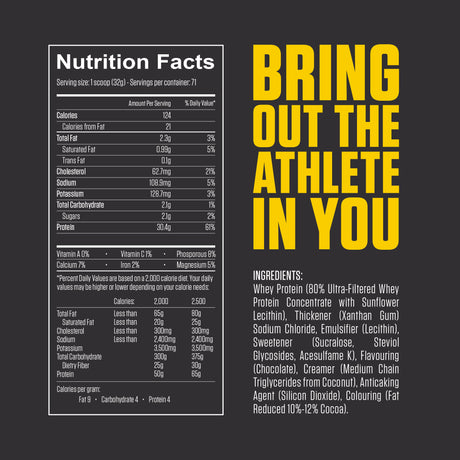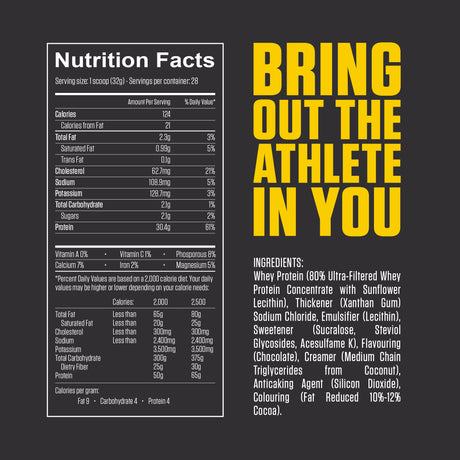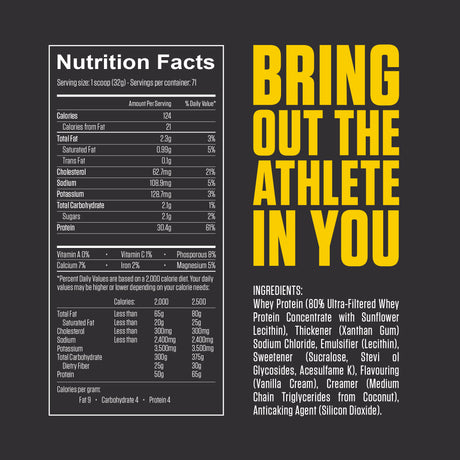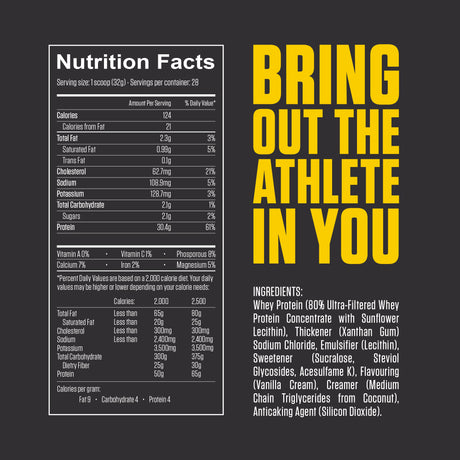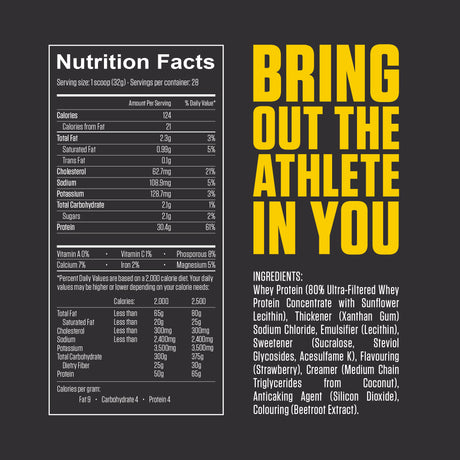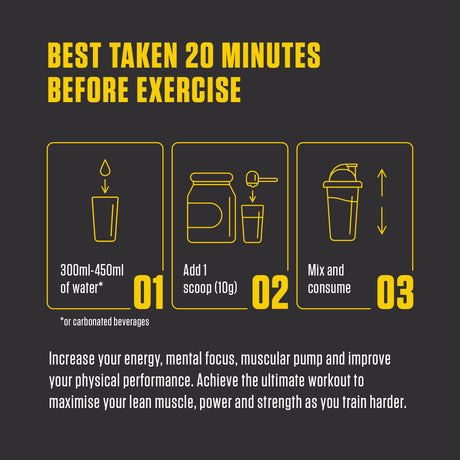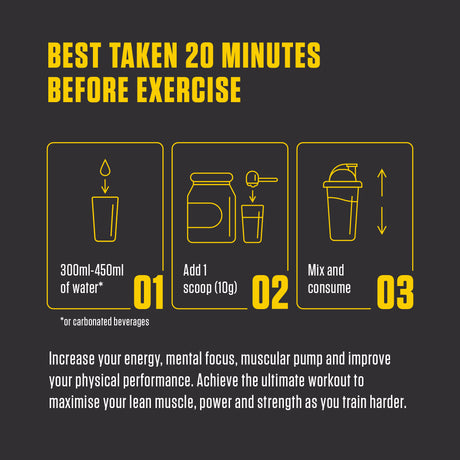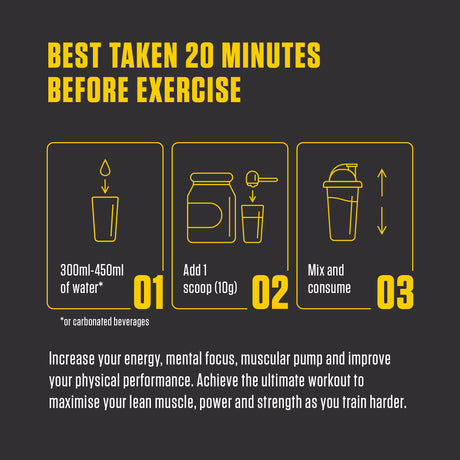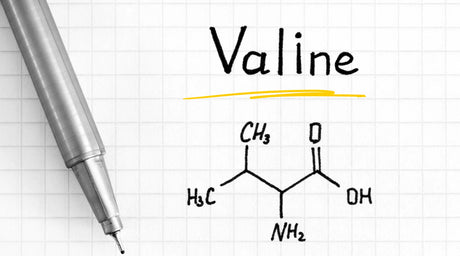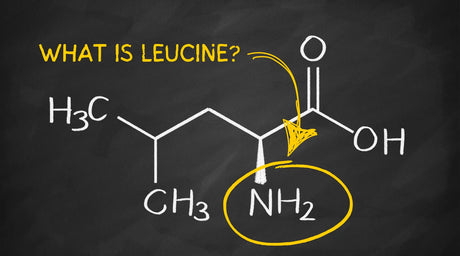The mTOR pathway (mechanistic or mammalian target of rapamycin) is a crucial signalling pathway in the body that plays a significant role in regulating cell growth, protein synthesis and metabolism. It is particularly important for processes such as muscle growth, tissue repair and energy metabolism. The mTOR pathway responds to factors like nutrient availability (especially amino acids), energy status and growth factors like insulin.
How the mTOR Pathway Affects the Body:
Muscle Growth and Protein Synthesis
The mTOR pathway is central to muscle protein synthesis, the process of building new muscle proteins. When the body is exposed to nutrients like leucine (an amino acid), insulin, or after resistance exercise, mTOR is activated, triggering the production of new proteins needed for muscle repair and growth. This makes the pathway essential for muscle hypertrophy (growth).
Cell Growth and Division
mTOR regulates cellular growth by controlling how cells use available nutrients to grow and divide. This affects tissues throughout the body, including muscles, organs and bones. Proper functioning of the mTOR pathway ensures that cells grow when they have enough resources and stop growing when nutrient levels are low, which is crucial for maintaining overall health.
Energy Metabolism
mTOR also influences metabolic processes by sensing the body’s energy levels. It helps the body decide whether to build new tissues or conserve energy, depending on nutrient availability and energy stores. This pathway regulates the balance between anabolism (building up) and catabolism (breaking down), which is key to maintaining muscle mass and overall body composition.
Nutrient Sensing
The mTOR pathway is sensitive to amino acids, particularly leucine, which activates it and promotes muscle protein synthesis. Additionally, mTOR responds to insulin and other growth factors, linking the pathway to blood sugar control and fat storage. When food is plentiful, mTOR promotes growth and nutrient storage, while during fasting or calorie restriction, it helps the body conserve energy.
Longevity and Ageing
Interestingly, chronic activation of the mTOR pathway has been linked to accelerated ageing and diseases such as cancer. Excessive mTOR activity promotes uncontrolled cell growth, which can lead to tumour development. On the other hand, inhibiting mTOR (such as through caloric restriction) has been shown to potentially extend lifespan and reduce the risk of age-related diseases.
Factors that Activate mTOR:
- Amino Acids: Particularly leucine from foods like meat, dairy and supplements (e.g., BCAAs).
- Insulin and Growth Factors: Released after meals, insulin and other growth factors stimulate mTOR activity.
- Resistance Exercise: Weight lifting and strength training activate mTOR, promoting muscle growth.
Factors that Inhibit mTOR:
- Caloric Restriction: Low nutrient intake reduces mTOR activity.
- Fasting: Lack of nutrients during fasting inhibits mTOR, promoting cell maintenance and repair rather than growth.
- Exercise: While resistance training activates mTOR for muscle growth, endurance exercise can reduce its activity to conserve energy.
Overall Impact on the Body:
- Muscle Growth: Activation of the mTOR pathway is essential for muscle building and recovery, especially after strength training or consuming protein-rich foods.
- Metabolism: The pathway plays a critical role in balancing nutrient intake and energy expenditure, affecting body composition and fat storage.
- Cell Health and Longevity: Proper regulation of mTOR contributes to healthy cell function, but overactivation can lead to conditions like cancer and accelerate ageing.
In summary, the mTOR pathway is a master regulator of growth and metabolism, making it a key player in muscle development, nutrient storage and energy balance, as well as influencing longevity and overall health.




